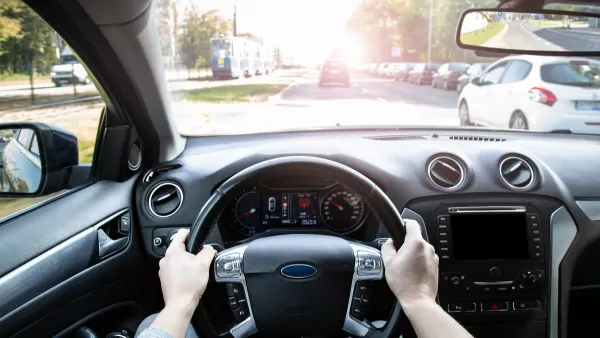We're sorry to be buzz kills. But we've heard this one before. Like in 1990. And 1910. Do the automakers have the juice this time?
"On Tuesday, when President Obama proposed the first nationwide regulation of greenhouse gases, which would set limits on tailpipe emissions for cars and trucks, he jacked up the buzz about electric cars. The new regulation requires new cars and light trucks to get on average 35.5 miles per gallon by 2016, which is almost 40 percent more fuel-efficient than the requirements today. Automakers, which have kicked and screamed for generations about increasing fuel efficiency, stood politely by Obama, having to suck it up, as their fortunes now depend on the government. In good part, they will attempt to meet the goal with a flashy new line of cars powered by the electrical outlet in your garage.
"The industry is already transitioning. Hybrid cars are the first step toward electric drive vehicles, and the question now is how fast will the transformation take place," says professor Daniel Sperling, director of the Institute of Transportation Studies at the University of California at Davis, and coauthor of the recent book "Two Billion Cars: Driving Toward Sustainability.""
Thanks to Rob Bregoff
FULL STORY: Electric Cars are Coming!

Maui's Vacation Rental Debate Turns Ugly
Verbal attacks, misinformation campaigns and fistfights plague a high-stakes debate to convert thousands of vacation rentals into long-term housing.

Planetizen Federal Action Tracker
A weekly monitor of how Trump’s orders and actions are impacting planners and planning in America.

Chicago’s Ghost Rails
Just beneath the surface of the modern city lie the remnants of its expansive early 20th-century streetcar system.

Bend, Oregon Zoning Reforms Prioritize Small-Scale Housing
The city altered its zoning code to allow multi-family housing and eliminated parking mandates citywide.

Amtrak Cutting Jobs, Funding to High-Speed Rail
The agency plans to cut 10 percent of its workforce and has confirmed it will not fund new high-speed rail projects.

LA Denies Basic Services to Unhoused Residents
The city has repeatedly failed to respond to requests for trash pickup at encampment sites, and eliminated a program that provided mobile showers and toilets.
Urban Design for Planners 1: Software Tools
This six-course series explores essential urban design concepts using open source software and equips planners with the tools they need to participate fully in the urban design process.
Planning for Universal Design
Learn the tools for implementing Universal Design in planning regulations.
planning NEXT
Appalachian Highlands Housing Partners
Mpact (founded as Rail~Volution)
City of Camden Redevelopment Agency
City of Astoria
City of Portland
City of Laramie




























